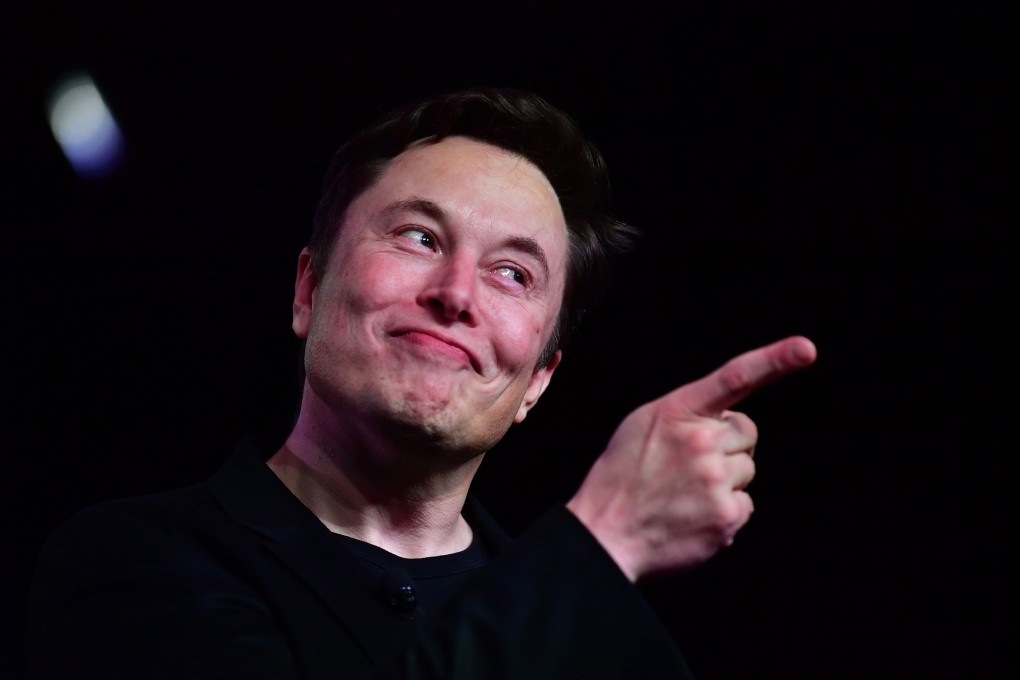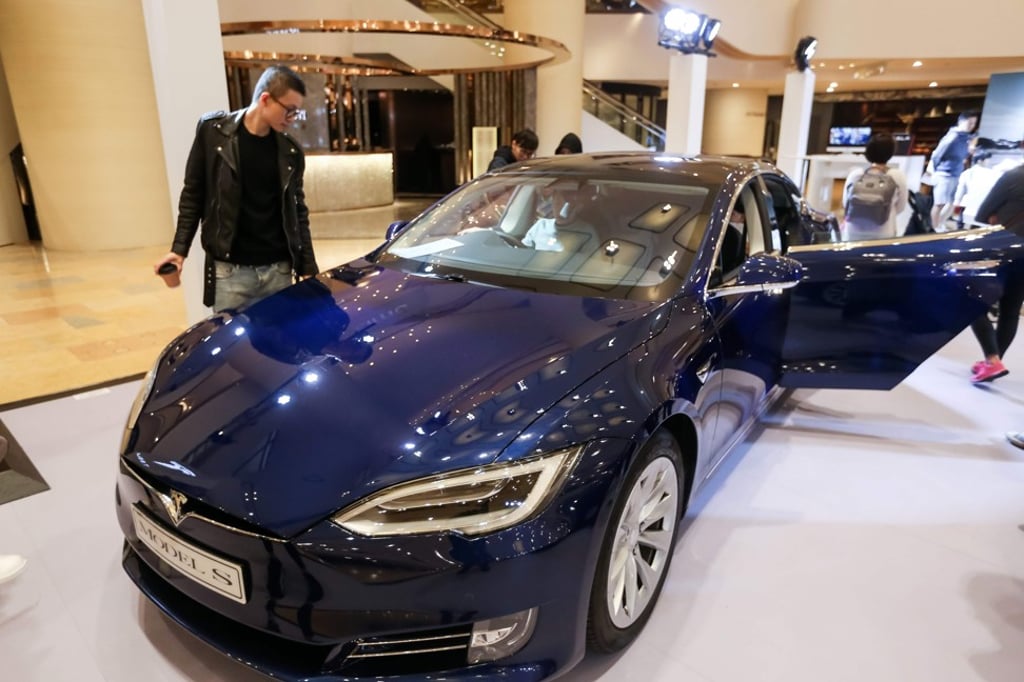Tencent-backed hackers who drew praise from Elon Musk once revealed flaws in Apple’s iOS
- Tencent’s Keen Lab has exposed a number of flaws in the advanced driver-assistance system of Tesla

A team of Chinese security researchers managed to trick a Tesla Model S to veer into an opposing lane.
Luckily for Elon Musk, the researchers belonged to Tesla shareholder Tencent Holdings’ security team, who were probing the Palo Alto-based electric car maker for security vulnerabilities.
The findings were made public in a report posted online last week by Tencent Keen Security Lab, which also duped Autopilot to turn on the car’s wipers and allow a wireless gamepad to take control of the steering system.
In a Twitter post on Monday, Tesla chief executive Musk acknowledged the Tencent researchers’ findings. “Solid work by Keen, as usual,” he said.

Keen Lab has been doing security research work on Tesla’s Autopilot system for a few years. Its research findings have been made public at the annual Black Hat computer security conference in the US in the past two years.